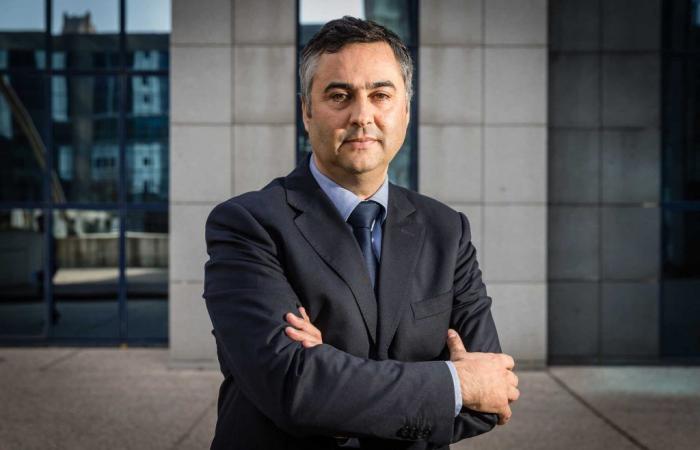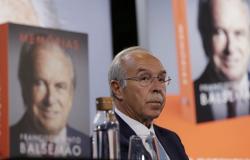It is one of the new features of the new Government: the merger between Education and Higher Education, with this sector even disappearing from the name of the ministry. Fernando Alexandre will be Minister of Education, Science and Innovation.
An economist by training, he has published several books in this area. He is a university professor. He has government experience, as he was Secretary of State for Internal Administration in the Passos Coelho government. He recently joined the independent technical committee that analyzes the location of the future Lisbon airport. He is vice-president of the Economic and Social Council and consultant at the Francisco Manuel dos Santos Foundation.
The biggest challenge to be resolved in the next legislature is, certainly, the recruitment and training of more teachers. It’s a ticking time bomb. By 2030, around 34,500 new teachers must enter the system to compensate for the retirements of around 40% of the class.
The phased recovery of service time (six years, six months and 23 days), on the Continent, in a phased manner over the next five years (at a rate of around 20% per year) is the promise with which the AD Government intends pacify class and protest in schools.
The AD, in the electoral program, promotes the creation of deductions at IRS headquarters for accommodation expenses for teachers who are located more than 70 kilometers from home, the creation of incentives for teachers to settle in low-density areas or with greatest need such as Lisbon and Vale do Tejo and Algarve, the review of salary tables, especially at the beginning of the career, and the promotion of the return to teaching of those who gave up competing, “through bonus mechanisms for career repositioning”.
Another of the biggest challenges is a response to foreign students who have doubled in the last two years and worsened the pressure on schools due to the lack of teachers.
But one of the first measures must be the decision whether or not to maintain digital tests for all students in the 2nd, 5th and 8th who will take digital assessment tests and also in the 9th year, who have national tests of Portuguese and Mathematics, which count 30% towards the final grade of the subjects, in a context where there are more and more broken computers in schools. It should be remembered that the outgoing Government authorized an expenditure of more than 6.5 million so that schools can repair damaged or unrepaired equipment, but directors doubt that this measure will be effective in a timely manner.
For students, the AD electoral program foresees, among other measures, the “flexibility” of the teaching load and the return, from the next academic year, of assessment tests in the 4th and 6th years, Portuguese, Mathematics and another rotating discipline every three years. The merger of the 1st and 2nd cycle is another planned measure. Such as the universalization of Pre-School at age 3. As one of the priorities of the Education program is the recovery of learning and results in international assessment, such as PISA, a new plan “Learn more now, A+A” is planned, which promises more resources for schools and a system of tutorials.






